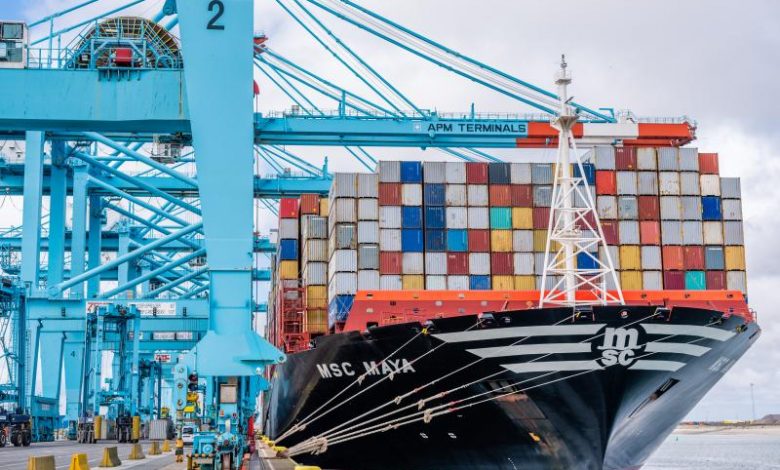Liners urged to rethink emergency bunker surcharges

Maersk Line and MSC, the world’s two largest containerlines, have introduced emergency bunker surcharges, with other lines expected to follow suit in the coming days.
“The increase in bunker price in 2018 has been significantly higher than what had been expected and has now reached a level of 440 USD/ton in Europe, the highest since 2014. The increase is more than 20% compared to the beginning of 2018 and this unexpected development means that it is no longer possible for us to recover bunker costs through the standard bunker adjustment factors,” Maersk Line said in a note to clients earlier this week, while rising bunker surcharges by $60 per teu from the start of next month.
The bunker surcharges however have been attacked by shippers and a number of analysts, most notably Lars Jensen, a partner at SeaIntelligence Consulting and regular Splash contributor.
Writing on LinkedIn, Jensen suggested: “The implementations announced now are not logical and seems more to be fuelled by a need to do something urgently, than a need to implement a logical structure to the surcharge. If these surcharges stick, we will be left with the jungle of surcharges becoming more illogical and untransparent.”
With containerlines seeing their bottom lines coming under pressure in the first quarter, Jensen said that historically in a weak market any increases in bunker surcharges tend to be undermined by an equal erosion of base rates.
Jensen went on to suggest that the old BAF-style surcharges have become undermined over the years, rendering them ineffective simply because of the spill-over effect between BAF and base freight.
Jensen urged for changes in surcharges to be directly linked to the fuel impact on the individual containers – and a fixed fee irrespective of trade and vessel size does not live up to this.
“What is needed is a re-introduction of a truly enforceable bunker surcharge mechanism which fairly represents fuel price change outside the control of the carriers, but with these ‘emergency’ actions we seem to be headed more in the direction of illogical short-term fixes and away from a more sustainable long-term solution,” Jensen wrote.
